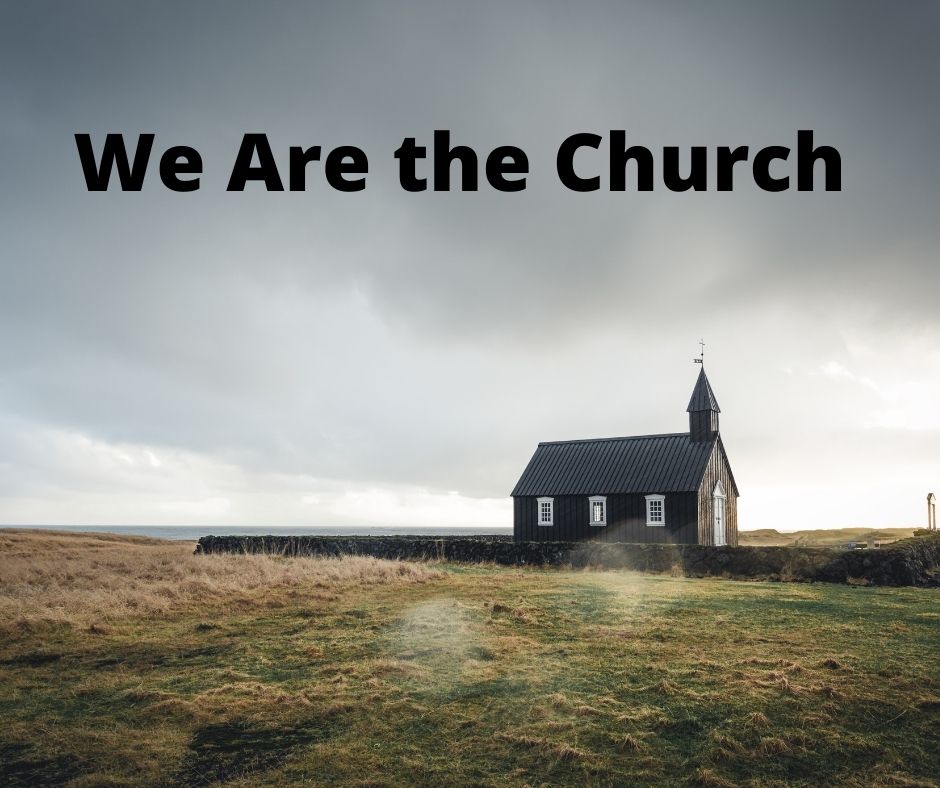Can we be content? Really! Can one really be content today?
We live in a world that seems to be discontent. There are reasons one can be discontent with conditions socially, politically, and even materialistically. Progression and reform are used intermittently to point to the need for change and that the mass is not content.
Wanting change and being content can be possible. One can desire justice and still be content with outlook. What I mean is that contentment points to something deeper inside us.
The Apostle Paul would say someone can be truly content. He wrote to the church Philippi, ” Not that I am speaking of being in need, for I have learned in whatever situation I am to be content” (Phil 4:11 ESV).
Paul would emphatically say, “Yes, you can be content!”
What is it?
To be content can be defined as having a peaceful acceptance of where God has providentially placed you. Contentment is more than being at peace with what you have, it means that you rest in God’s sovereignty with his timing and where he has placed you.
The Apostle Paul points to content as something that has been learned (4:11). This was not learned by reading a book. He is pointing to learning from experience. One doesn’t have to read much of the New Testament to see that Paul faced quite a few difficulties (see 2 Cor. 11:24-28).
Contentment is Contrary to Us
By nature, we grumble and complain about things, some more than others. Paul continues to tell the Philippians that he not only learned to be content by experience, he knows the secret to it (Phil 4:15).
The secret to contentment is that it is not found in us. Discontentment is more up our alley. God does not like grumbling or complaining as we see from Israel’s wilderness journey (see Exodus 16 and Numbers 11). God actually called those who grumbled and complained rebels (Numbers 17:10).
This is serious! Our discontentment is really rebellion against God. Our discontentment questions God’s providence and provision. It rejects his sovereignty overall.
In fact, whenever we find ourselves grumbling and complaining (like Israel), that should be warning lights that we are not pursuing holiness.
If contentment is contrary to us, then how does one become content?
Contentment is Found in Christ
Paul learned how to be content because he experienced many different challenges but that is not how one becomes content. The secret to be content was not in himself but it was in the one who strengthens him (Phil 4:13).
Paul writes, “I can do all things through him who strengthens me” (4:13). This verse is well-known. The context reminds us that Paul was not flippantly shouting that he can do everything even unimaginable things. He was talking about enduring and being content in all circumstances because it is not in himself but in Christ.
This verse points to the strength that Paul has to do everything according to the will of God for the glory of God.
His contentment regardless of the situation was in Christ!
Can someone genuinely be content? Yes! They must find the riches that are in Christ, they are MORE than enough (Phil 4:19-20).


